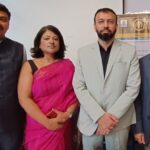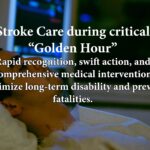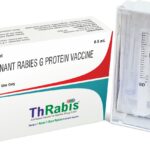Road Accidents is one of the leading causes of death, disability and hospitalization. Victims are unable to reach the right hospital within the golden hour due to lack of awareness and proper rescue facilities.
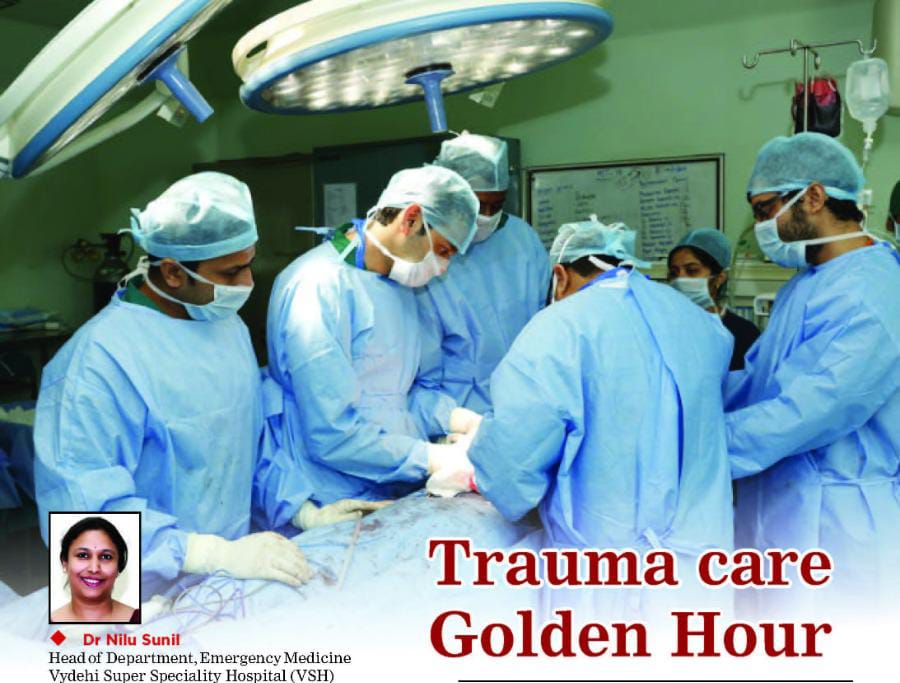

India ranks 1st in number of road traffic accident death across 199 countries in the world At least one out of 10 people killed on roads across the world is from India, according to the World Health Organization. The cost of road accidents is borne not only by the victims and their family, but by the economy as a whole in terms of untimely deaths, injuries, disabilities and loss of potential income. During the year 2020, the total recorded 3,66,138 road accidents caused loss of 1,31,714 persons lives and injured 3,48,279 persons. The road traffic accidents are the leading cause of death of young working people, between the ages of 18 to 45 years, who are usually the bread winners of the family.
There is a trimodal peak of death and the first peak occurs within seconds to minutes. It is usually due to laceration of the brain stem, heart, aorta, and other large vessels. Salvage after injury in these instances is difficult, and the victims most often succumb to the trauma.
The second peak occurs within minutes to hours later and can be due to diverse injuries such as subdural hematoma, hemopneumothorax, splenic laceration, life-threatening long bone fractures, and significant blood loss. This group is potentially at risk of death, which may be averted if aggressive and appropriate management is instituted at the earliest. The concept of the golden hour (the 1st hour after trauma) arose from the treatment of this group of patients.
The ‘golden hour ‘is term often used in trauma to suggest that an injured patient has 60 minutes from time of injury to receive definitive care, after which morbidity and mortality significantly increase. That emphasizes the urgency of care required by major trauma patients to prevent ‘early deaths’ predominantly from hemorrhagic shock.
Most preventable deaths are due to hemorrhage
An analogous concept, the “platinum 10 minutes” places a time constraint on the pre-hospital care of seriously injured patients: no patient should have more than 10 min of scene-time stabilization by the prehospital team prior to transport to definitive care at a trauma center.
A result of the concept is the preference for a ‘scoop and run’ approach to prehospital care rather than “stay and play” — so that patients are transferred to hospital for definitive care as soon as possible. Rapid transit to hospital remains the standard of care. But unfortunately in India, victims are unable to reach the right hospital within the golden hour due to lack of awareness and proper rescue facilities.
Definitive Resuscitative Trauma Care:
After reaching the hospital emergency, the main steps in the management of these multiple injured patients are:
1. Primary Assessment – Diagnosis of life threatening injuries.
2. Damage Control Resuscitation – Treatment of shock and severe injuries.
Both are performed together which avoids loss of valuable moments of the golden hour essential for the patient’s survival. Resuscitation should be initiated simultaneously as the primary assessment is done which includes replacement of the blood loss in the injury with blood, blood products or blood substitutes.
As the resuscitation process is done simultaneously the immediate life threatening injuries are also identified. The most common endangering factor for RTA victims is internal or external bleeding. Especially when large volumes are blood are lost, BP of the person drops very low causing hemorrhagic shock. Also as a result of blood loss, Oxygen and blood to vital organs is reduced leading to primarily kidney damage and then other organs including the brain. If the complications from shock are not managed appropriately and expeditiously within the golden hour, the damage cause will become irreversible.
What one should do?
For above said reasons, it is therefore a priority to transport accident victims with severe trauma as fast as possible to a Trauma & Resuscitation center or a Tertiary Care Hospital. The Trauma & Resuscitation center should have a team and infrastructure to identify the seriousness of the injury and also to handle the trauma. If the Injuries need higher grade care, then the patient should be shifted to a Tertiary Care Trauma Referral Centre. In simple terms, the accident victims should reach the right hospital at the right time to get the right treatment for higher chances of survival and early recovery. The golden hour of multiple injured patients must be utilized properly to revive and give them back life they expect to have.
Collective social responsibility of the society:
It is our collective social responsibility of the society to be aware of this “Golden Hour Concept” which includes field triage guidelines, emergency medical services and rescue of trauma victims to the Trauma & Resuscitation center or to the Tertiary Care Centre within the golden hour. Good Health and wellbeing, emphasis that by end of 2020 reduce the number of global deaths and injury from RTA and further. The third Global Ministerial Conference on Road Safety was held in Stockholm, Sweden on 19 and 20 February, 2020. At this conference, all the participants including India reaffirmed their strong commitment for achieving the goals of reducing road accident related deaths by at least 50% by 2030. It is our duty as an Indian citizen to work responsibly and to fulfil the commitment given in reducing the road traffic accident relates morbidity and mortality.
Encouragement from Govt’ of India:
The Government of India has initiated “Good Samaritans” scheme to encourage general public by awarding INR 5000/- to those who save the life of a road traffic victim by rushing them to hospital within the golden hour. The society should participate in association with the trauma care providers which will save lives of young youth of our country.
Vydehi Super Specialty Hospital (VSH)
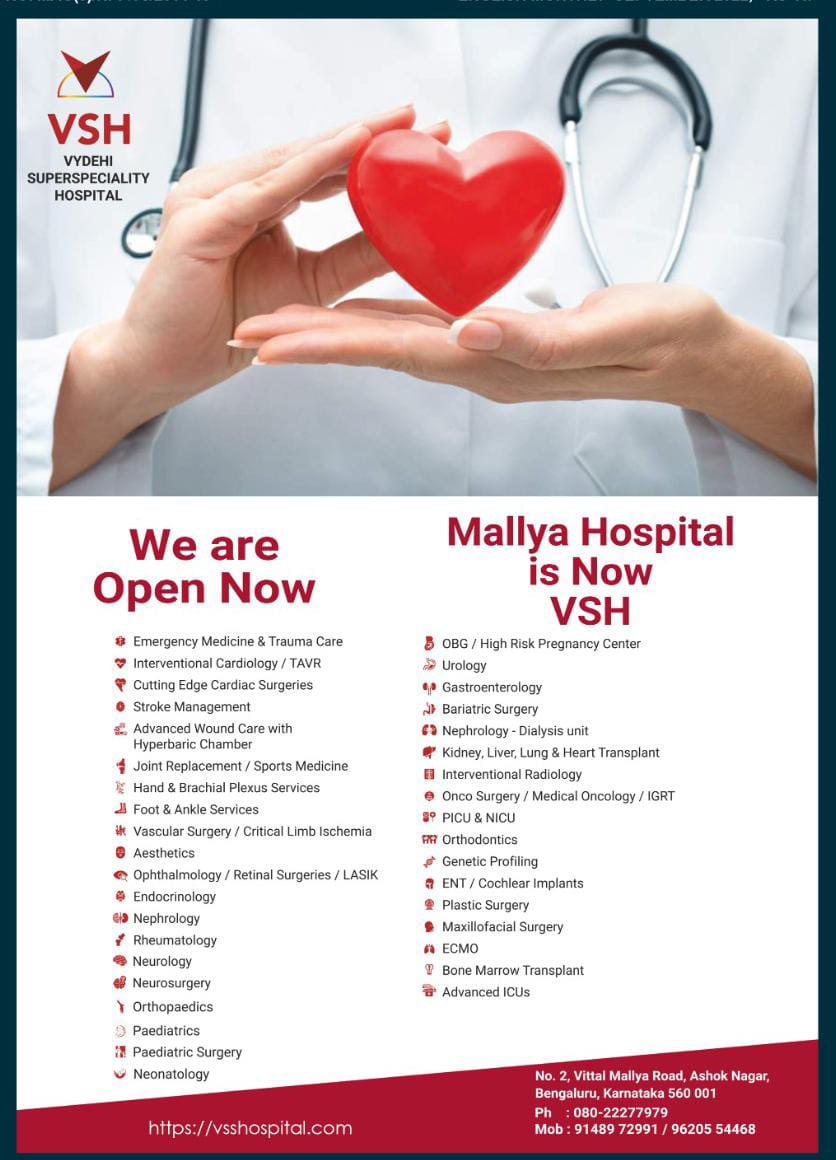

VSH emergency medicine and trauma specialists works closely 24×7 with their in-house surgeons from orthopaedics, neurosurgery, urology, maxillofacial surgery, and reconstructive and plastic surgery, pulmonology, surgical gastroenterology, intensive care, physical and occupational therapists, counsellors and nutritionists to offer patients early and complete care.
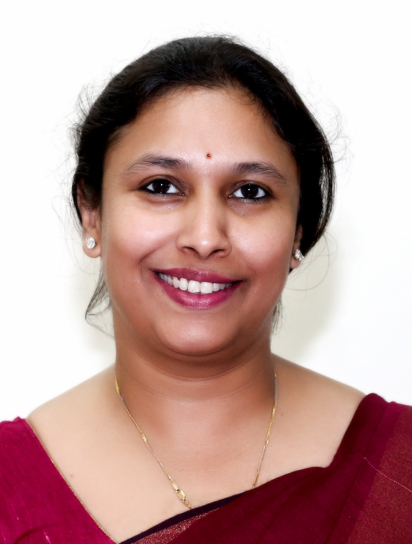

Dr Nilu Sunil
Head of Department, Emergency Medicine
Vydehi Super Specialty Hospital (VSH)
Vittal Mallya Road, Ashok Nagar
Bengaluru 500001
Ph: 080-2227 7979/91489 72991



